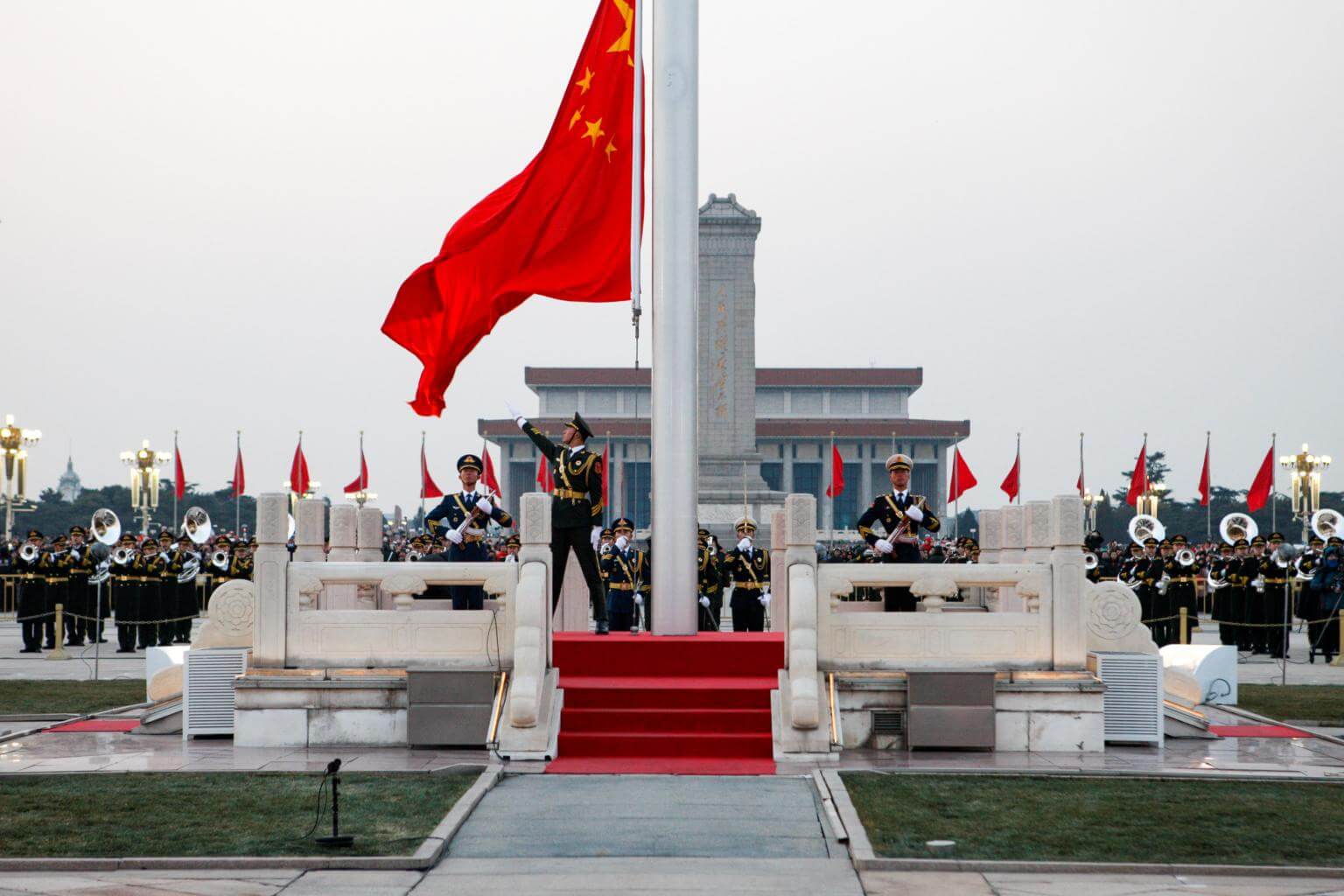S-E Asia views China's rise with caution: Survey
Poll of 1,000 people in region finds low level of trust in China to contribute to global peace, security, prosperity
Sign up now: Get ST's newsletters delivered to your inbox

About three out of four surveyed expect China "to vie for political leadership in response to the growing indifference of the US towards South-east Asia and Asean", said the report.
PHOTO: REUTERS
While China is seen as exerting the most economic influence in South-east Asia, and is expected to vie for political leadership in the region as the United States becomes more indifferent, few view the Asian giant as a "benign and benevolent power", a survey has found.
Trust in China to do the "right thing" in contributing to global peace, security, prosperity and governance is also low.
The findings, by the Asean Studies Centre at ISEAS - Yusof Ishak Institute, are compiled in a study, State of South-east Asia: 2019, that was released yesterday.
It polled more than 1,000 South-east Asians, comprising experts and stakeholders from the policy, research, business, civil society, and media communities.
They were asked for their views on regional affairs in an online survey last November and December.
Nearly six in 10 said US power and influence on the global stage have either deteriorated or deteriorated substantially, compared with a year ago.
About 68 per cent also held the view that the level of US engagement with South-east Asia under the Trump administration has fallen.
Correspondingly, 68.1 per cent are "unsure of or have little confidence in the US' reliability as a strategic partner and provider of regional security", said the report.
Those surveyed see China's influence in the region increasing as a result of the US stepping back.
73% Percentage of survey respondents who see China as wielding the most economic influence in South-east Asia.
51.5% Percentage of survey respondents who have little or no confidence that China will "do the right thing" in contributing to global peace, security, prosperity and governance.
About three out of four expect China "to vie for political leadership in response to the growing indifference of the US towards South-east Asia and Asean", said the report.
China is also seen as wielding the most economic influence in South-east Asia, with 73 per cent saying so.
But fewer than one in 10 sees China as "a benign and benevolent power".
Most, or 51.5 per cent,have either little or no confidence that China will "do the right thing" in contributing to global peace, security, prosperity and governance.
Dr Tang Siew Mun, who heads the Asean Studies Centre, said the findings highlight Asean's conundrum of dealing with two major powers whom it does not trust fully.
"Asean's trust deficit with China stems from the stress of dealing with an increasingly assertive, powerful neighbour who appears to harbour ambitions of wanting the region to dance to its tune," he said.
"Beijing's repeated pressure on Asean to cut off its engagement with other major powers, especially the US, also lends credence to the growing perception that China has hegemonic designs on the region," he told The Straits Times.
Dr Tang said it was no surprise that 45.5 per cent of the respondents think China will become a revisionist power in the near future.
On the US side, Dr Tan said there is "grave concern" over Washington's uneven engagement in the region, which has fallen from the high of the Obama administration's "pivot strategy" to "an abyss of a vague and undefined Asia policy".
While the recently passed Asia Reassurance Initiative Act - which will beef up US presence in the Indo-Pacific region - is a bid to address the issue, Dr Tang said the impetus for the Act came from Congress, not the Trump administration.
On the poll's pessimistic findings on China, Dr Tang does not think there is a strong strain of "anti-China" sentiment in the region.
"China, however, has not lived up to its 'win-win' mantra... While China lauds the exponential growth in its bilateral trade with Asean, it has not given enough attention to its ballooning trade surplus with Asean, which now stands at almost US$70 billion (S$95 billion)."
He added: "China's actions in the South China Sea have unnerved the region on how China might use its growing political and military might at the expense of its smaller neighbours."
But, Dr Tang said, in all fairness, China is judged unfairly against other big powers who have had the advantage of "operating" at the global level for a long time.
"Beijing is still getting accustomed to fitting into the shoes of a global power," he added.


